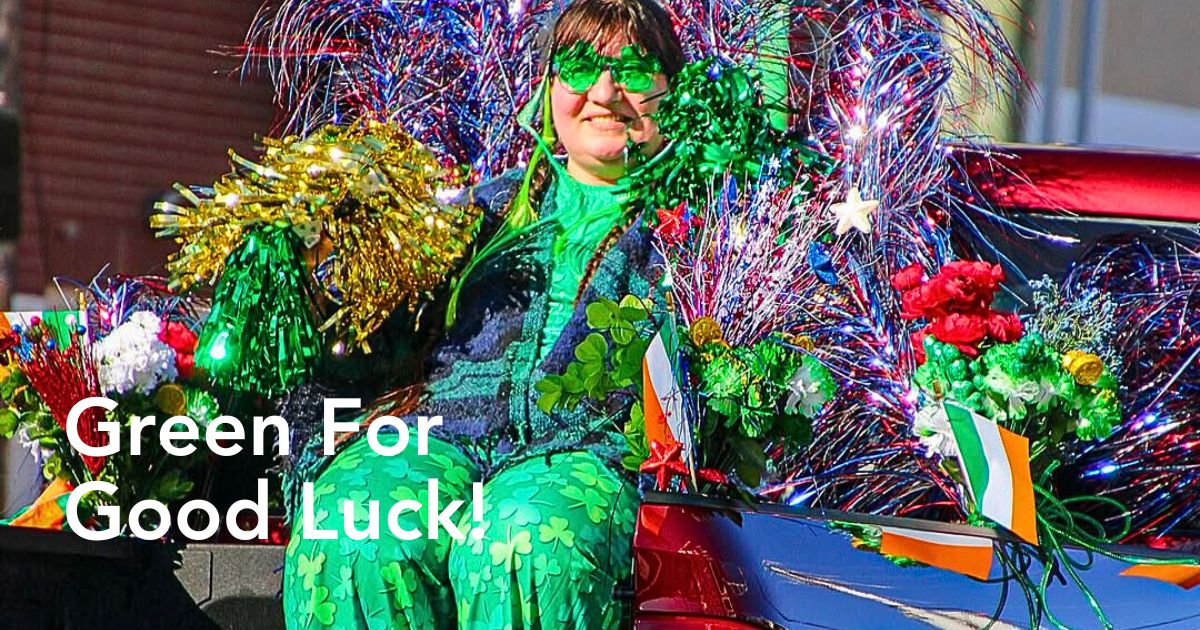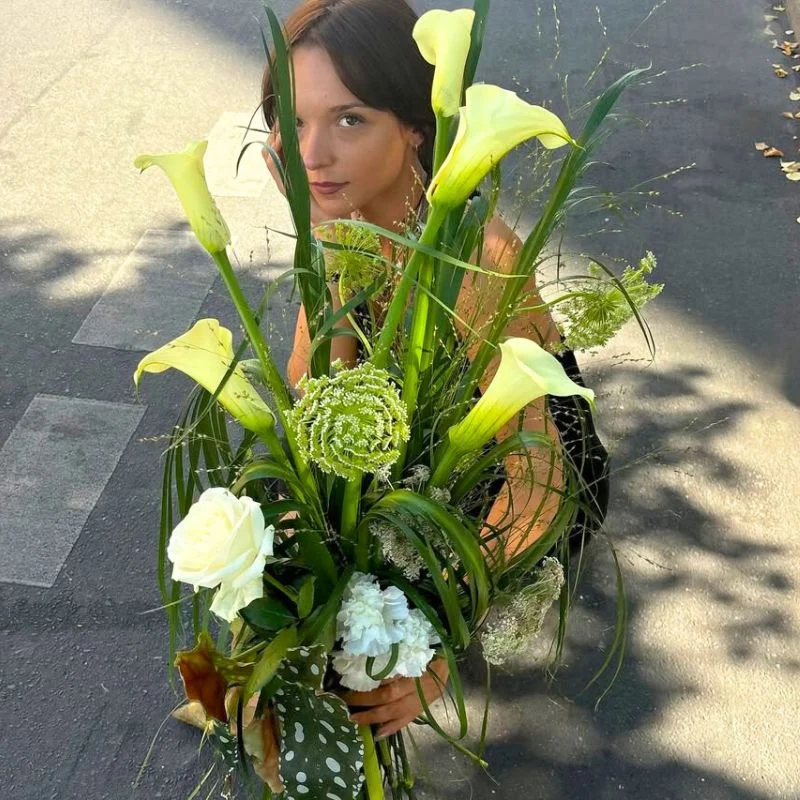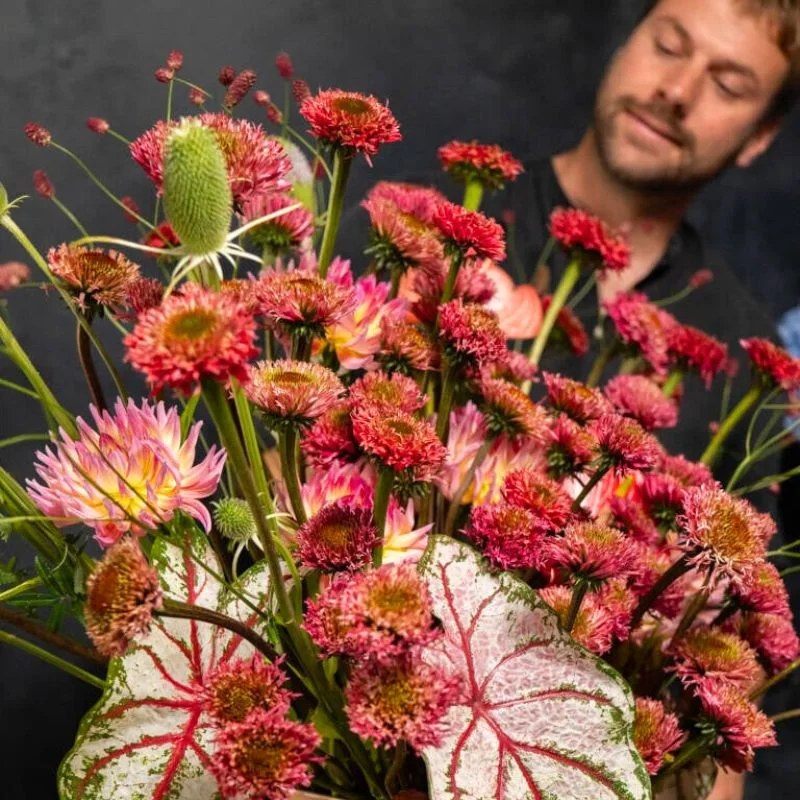Spring is a season that brings with it an element of new beginnings. And as the bright colors that symbolize this season begin to paint the landscape, there is one special day that encapsulates the essence of Irish culture and extends even beyond. This year, Saint Patrick's Day, will be observed on Monday, March 17th, as the annual celebration of Irish heritage, folklore, and the arrival of this new season.
This festive celebration, rooted in history and folklore, means so much, including a renewed appreciation for Irish culture. As flowers begin to flourish again, and nature reawakens, the green of the vegetation takes over, with people donning green, in observance of this remarkable day. Practically, a riot of green fills the air.
The Origins of Saint Patrick's Day
Saint Patrick's Day has its roots in the rich history of Ireland and the life of Saint Patrick, the patron saint of Ireland. Born in the late 4th century, Saint Patrick played a significant role in spreading Christianity throughout the Emerald Isle.
Legend has it that he used the three-leaf shamrock to explain the concept of the Holy Trinity, making it a revered symbol associated with the day. According to this legend, Saint Patrick had a vision in which he was called to bring Christianity to the people of Ireland. He was born in Roman Britain and was abducted at the age of 16 and taken to Northern Ireland as a slave. He was then brought to Slemish Mountain in County Antrim to herd sheep and later escaped.
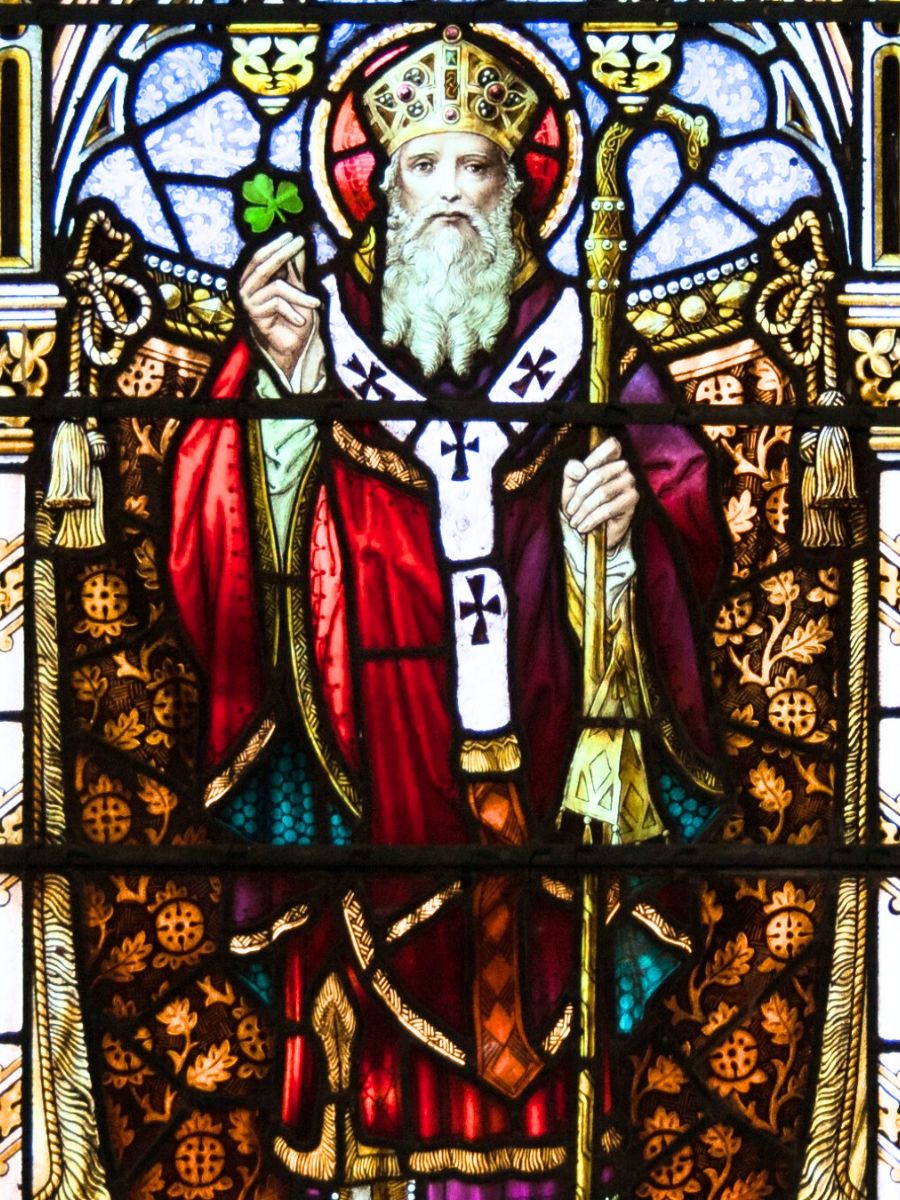
Photo: @museumofbible
After escaping captivity and returning to Britain, he studied to become a priest and eventually returned to Ireland as a missionary. He ended up staying in Ireland preaching, baptizing, and building churches until his death in the year 461.
Accordingly, he is credited with spreading Christianity throughout Ireland and converting many of the pagan inhabitants to the Christian faith. He used various methods to teach the Irish people about Christianity, including using the three-leaf shamrock to explain the concept of the Holy Trinity.
Over time, Saint Patrick's Day evolved into a celebration of this saint and the Irish culture. The date of March 17th, believed to be the day of Saint Patrick's death, became associated with commemorating his life and teachings.
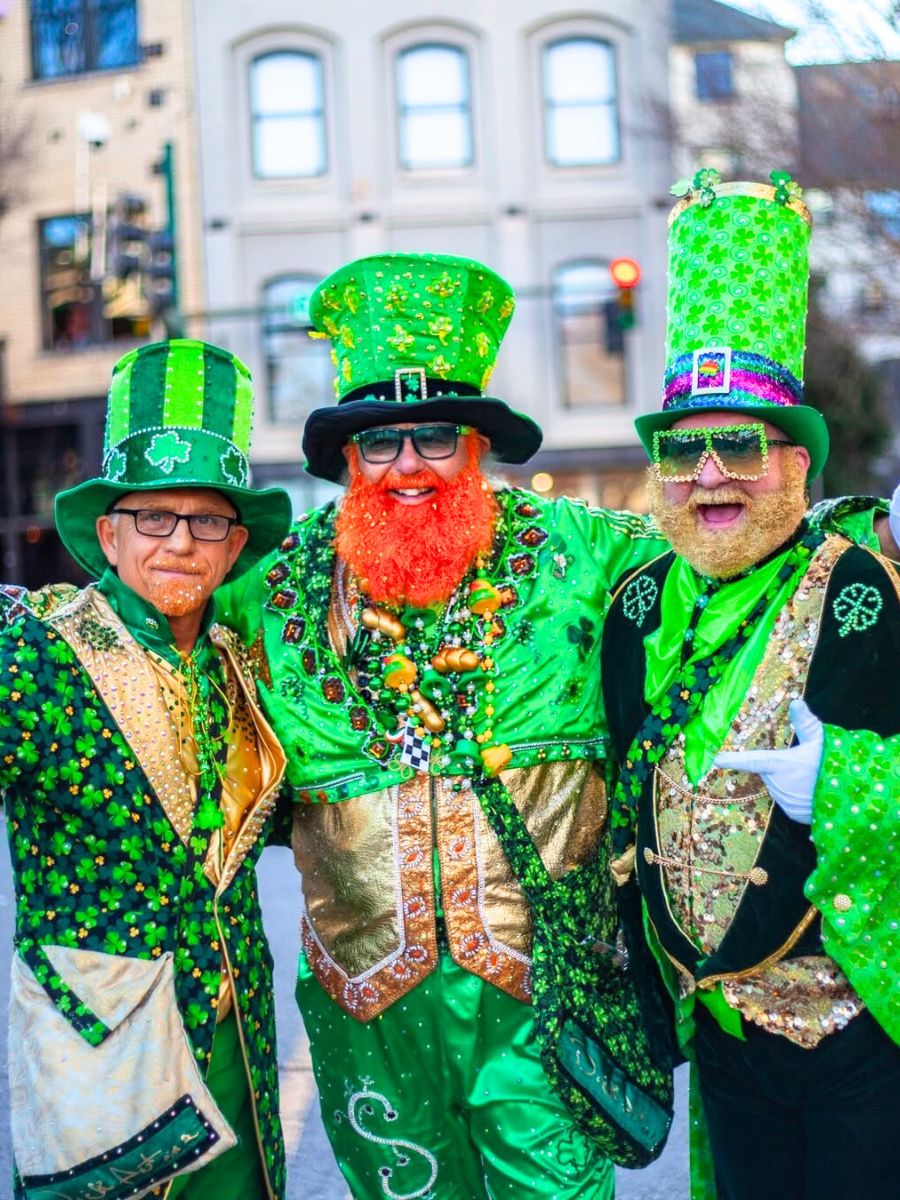
Photo: @visithotsprings
From Ireland to the World - The St. Patrick’s Day Phenomenon
Initially, this day was primarily seen as a religious holiday in Ireland. However, as Irish immigrants began to settle in other parts of the world, particularly in the United States, the holiday took on a more secular and festive tone. Parades, celebrations, and wearing green became popular traditions associated with Saint Patrick's Day.
Today, the day is observed and celebrated not only in Ireland but also by people of Irish descent and those who simply enjoy the festive spirit of the holiday. It creates an opportunity for people to honor Irish heritage, culture, and the legacy of the saint himself. Streets are filled with parades, music, dance, and joyful gatherings, creating an atmosphere of merriment and camaraderie. Is it even Saint Patrick if you're not wearing green from head to toe?
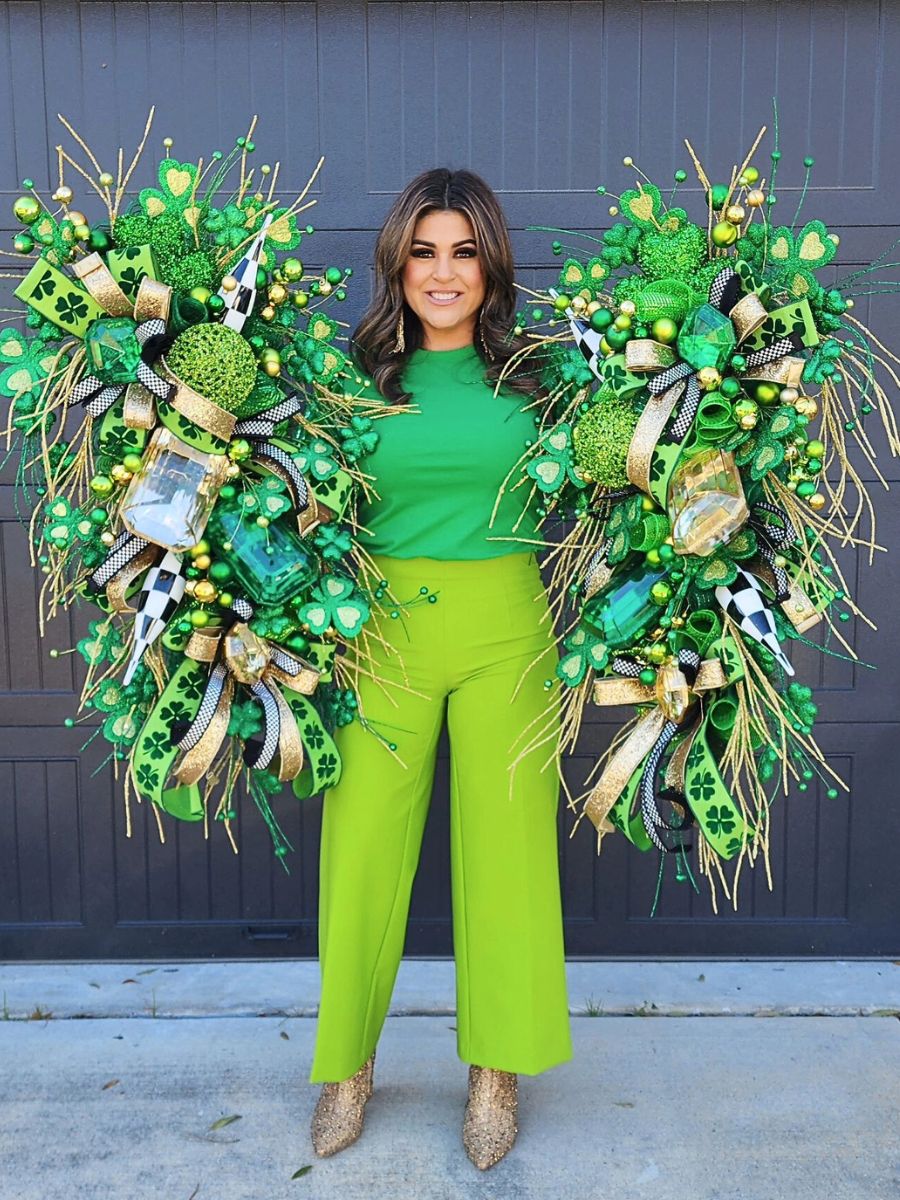
Photo by @wildaboutwreaths
These parades are a hallmark of the celebration, particularly in Ireland and cities with large Irish communities. They feature colorful floats, marching bands, traditional Irish music, dance performances, and community participation, and display the culture, providing a sense of pride, and creating a joyful atmosphere for people of all backgrounds to come together.
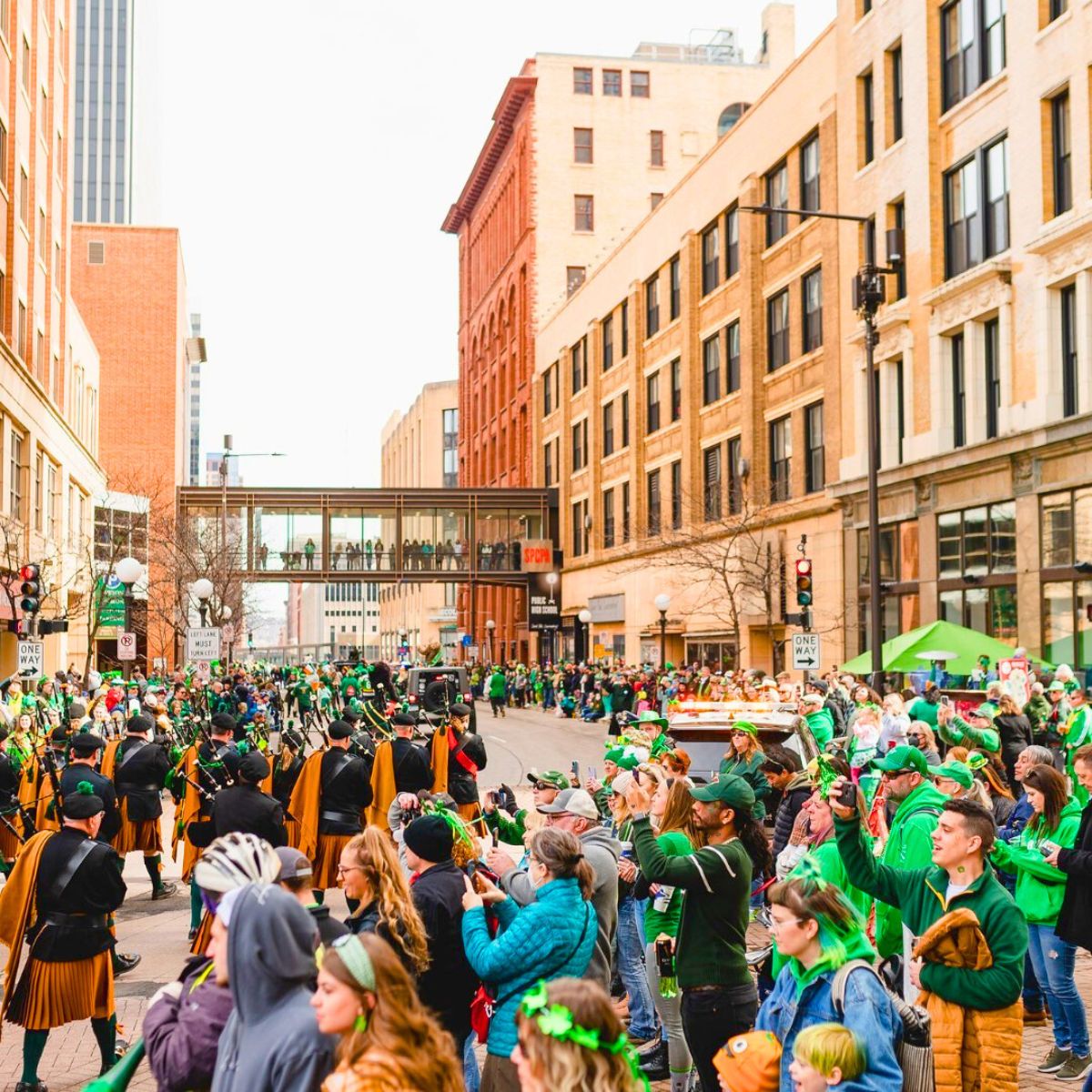
March 17 - A Day of Legends, Luck, and Celebrations
Saint Patrick's Day holds significant cultural and historical importance, particularly for the Irish and those with Irish heritage. One of the most well-known traditions is wearing green, which symbolizes Ireland's landscapes and is believed to bring good luck. Wearing green clothing and accessories on Saint Patrick's Day is a well-known tradition. It is believed that wearing green on this day brings good luck and wards off misfortune.

The three-leaf shamrock is a powerful symbol associated with Saint Patrick's Day. According to legend, Saint Patrick used the shamrock to explain the concept of the Holy Trinity - Father, Son, and Holy Spirit. Wearing or displaying shamrocks on this day has become a popular tradition, symbolizing Irish pride, faith, and unity.
Similarly, on this occasion, people indulge in traditional Irish cuisine. Dishes like Irish stew, corned beef and cabbage, soda bread, and colcannon (mashed potatoes with cabbage or kale) are popular choices. Additionally, beverages such as Guinness (a dark Irish stout), Irish whiskey, and green-colored drinks are enjoyed in moderation during the festivities.
Irish music, dance, literature, and arts also take place in these events, with live performances by Irish musicians and dancers, storytelling sessions, poetry readings, and art exhibitions, taking center stage. These provide a platform to showcase and appreciate the richness of Irish culture.

Did you know that every year, the Chicago River transforms into a green waterway to celebrate St. Patrick’s Day? It's a tradition that dates back to 1962. The city uses an environmentally friendly, secret formula to dye the water, creating an emerald-green show that lasts for several hours. The dyeing process is carried out by the local plumbers’ union, who pour the powder into the river from boats, turning the water green almost instantly. This beloved tradition draws thousands of spectators to downtown Chicago, kicking off the city’s St. Patrick’s Day.
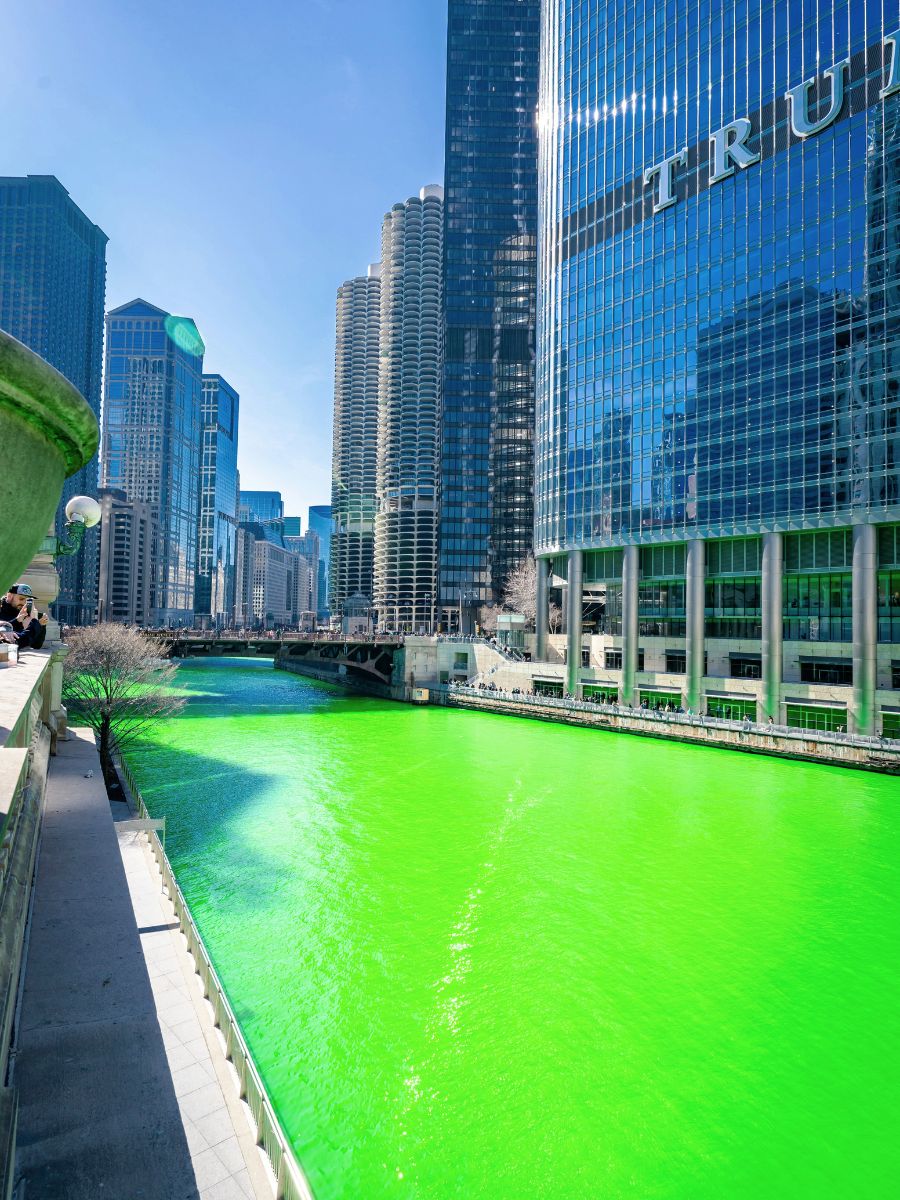
Photo: @dapperprofessional on Unsplash
Floral Delights That Define Saint Patrick’s Day
Spring is in the air, and what better way to celebrate Saint Patrick’s Day than by filling the world with a little extra green? Flowers aren’t just for romance or celebrations—they’re the perfect way to channel the magic of the Emerald Isle! Whether it’s clover-shaped foliage, lucky shamrocks, or greens that could make even a leprechaun jealous, these florals bring the vibes to life.
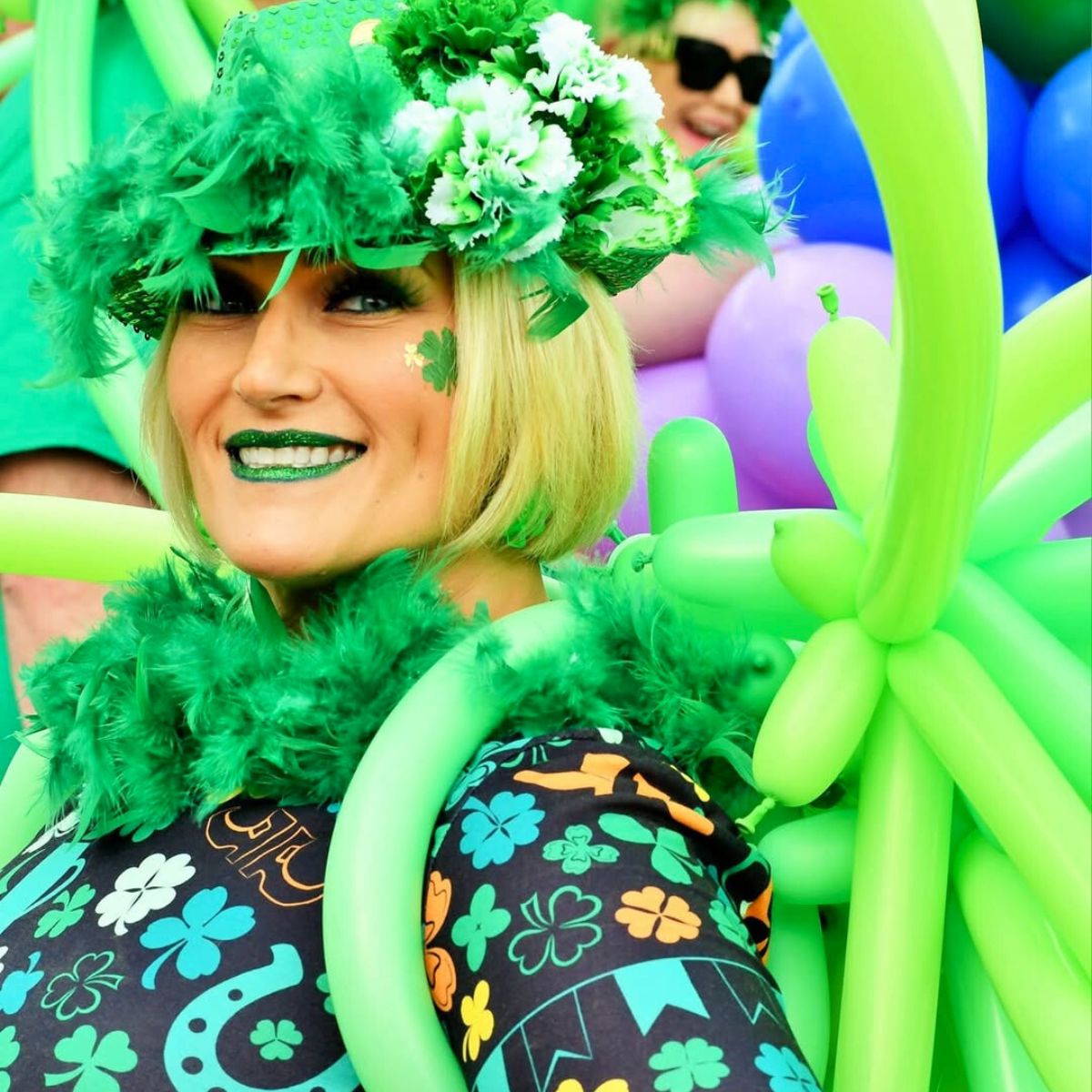
Here are a few specific types of green flowers that are deemed perfect for Saint Patrick's Day arrangements:
Green carnations are versatile and have long-lasting flowers that come in various shades of green. They symbolize admiration and good luck, making them an ideal choice for Saint Patrick's Day arrangements.
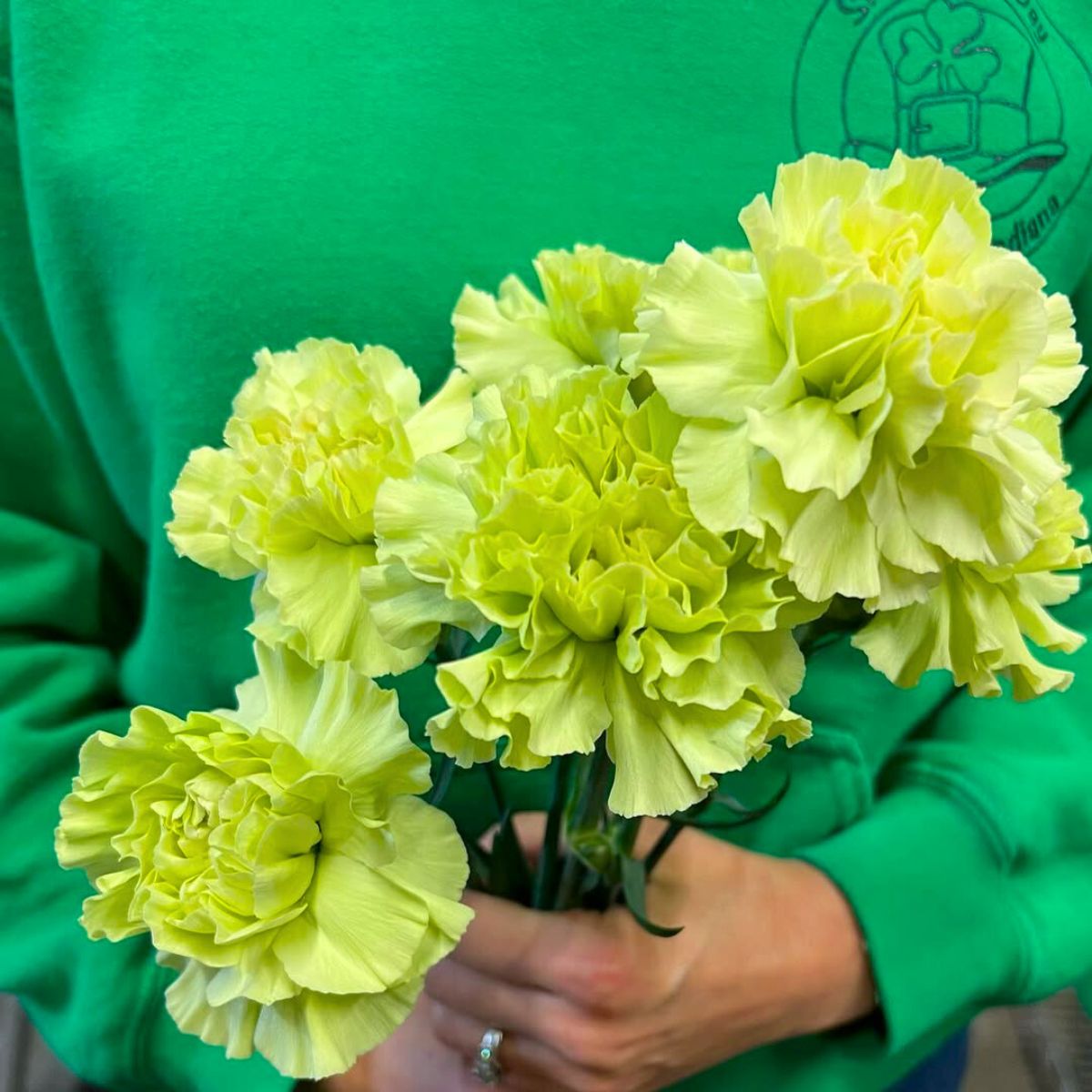
Bells of Ireland - also called Irish bells or Moluccella laevis - are tall, elegant flowers that feature long, slender stems adorned with clusters of small, bell-shaped blooms. Bells of Ireland are known for their vibrant green color and add a touch of green grace to floral arrangements.
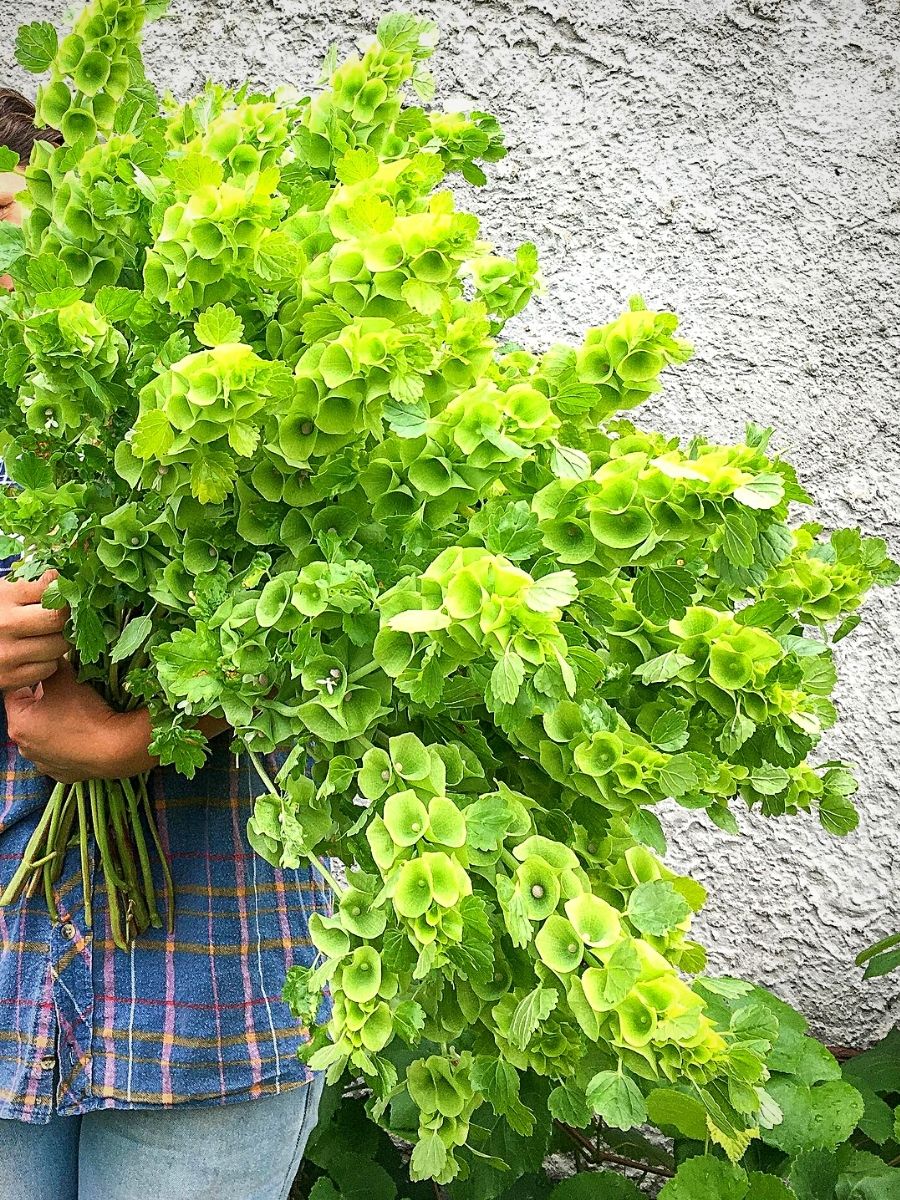
Photo by @weronifarm
Roses are versatile and universally adored flowers. Green roses used in the day’s events create a distinct Saint Patrick's Day arrangement. Green roses symbolize life, renewal, and good fortune.
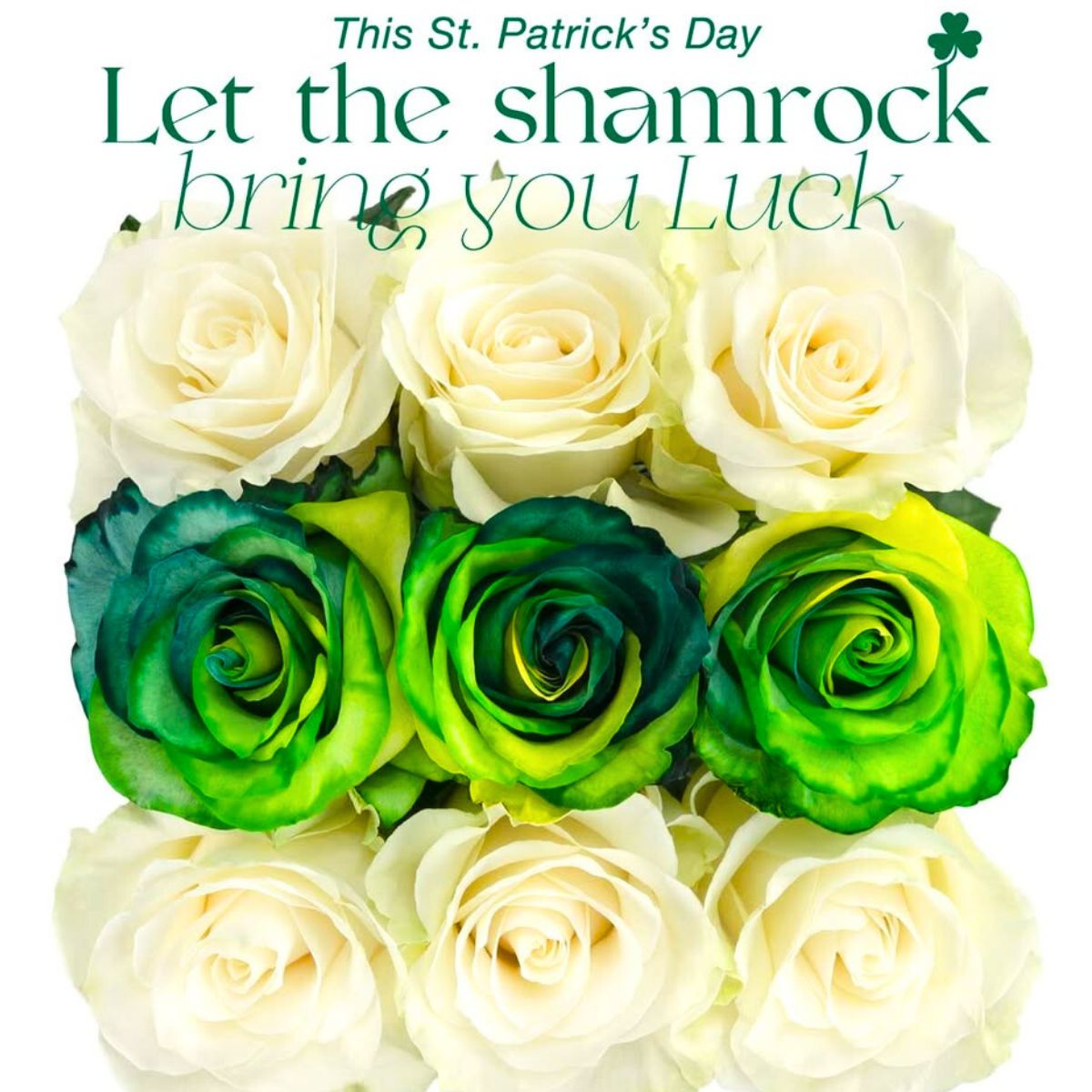
Dianthus Green Trick is also a perfect match for this celebration, bringing a burst of rich green texture to any floral arrangement. Its soft, moss-like texture adds volume and a fluffy, making it a standout choice for festive décor like Saint Patrick's Day.
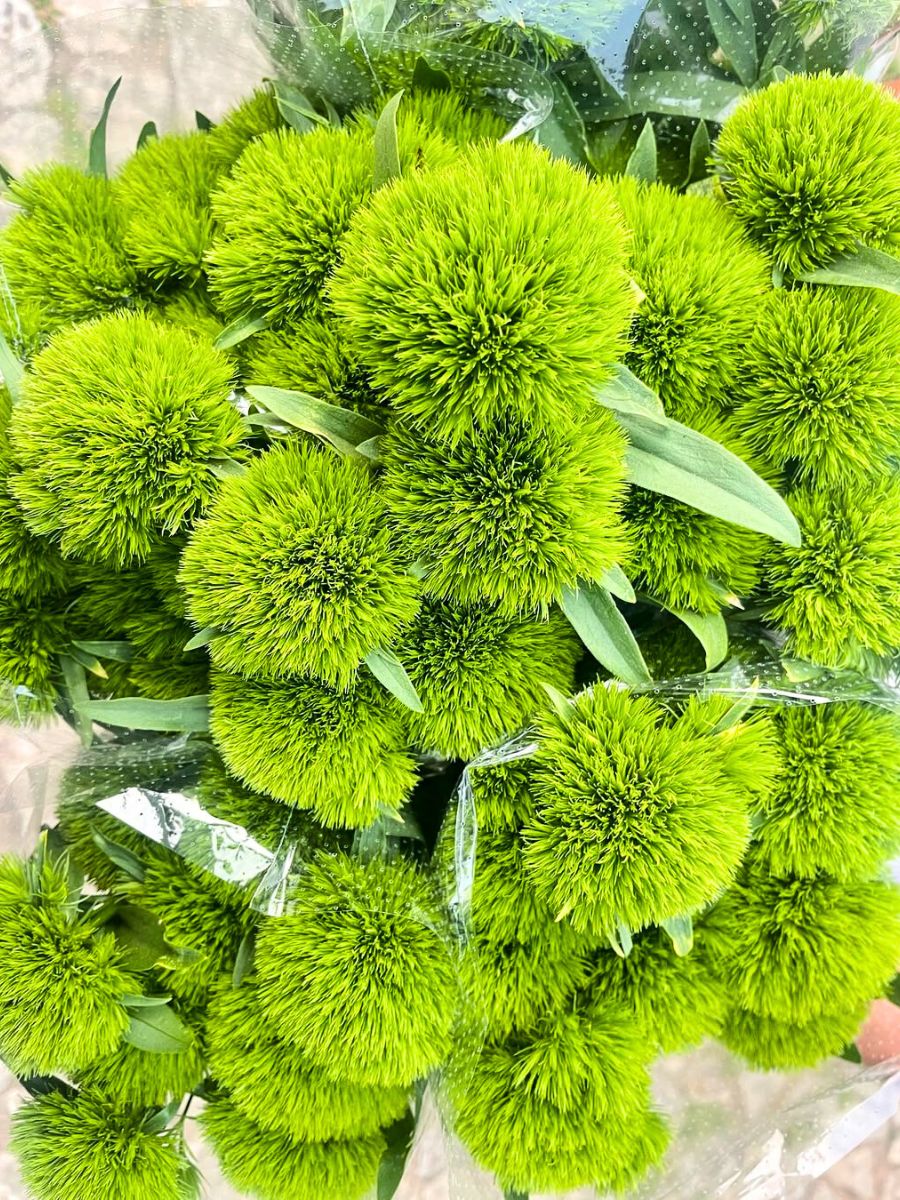
Photo: @lord.of.flowers
The Unicorn Rumex variety is the ultimate floral pick for St. Patrick’s Day, effortlessly fitting into the colors and trends. This perennial beauty, besides being eye-catching, is also grower-friendly, boasting a unique inflorescence shape and impressive resilience, including a high tolerance to rust. Its flexibility and versatility make it a standout for both fresh arrangements and creative floral designs, and for those looking to go all-in on the holiday spirit, Unicorn can even be tinted for a custom festive touch.

Chrysanthemums come in a variety of shades, including green. They are known for their longevity and represent joy, optimism, and fidelity. Green Chrysanthemums specifically add a fresh and lively element to Saint Patrick's Day floral displays.
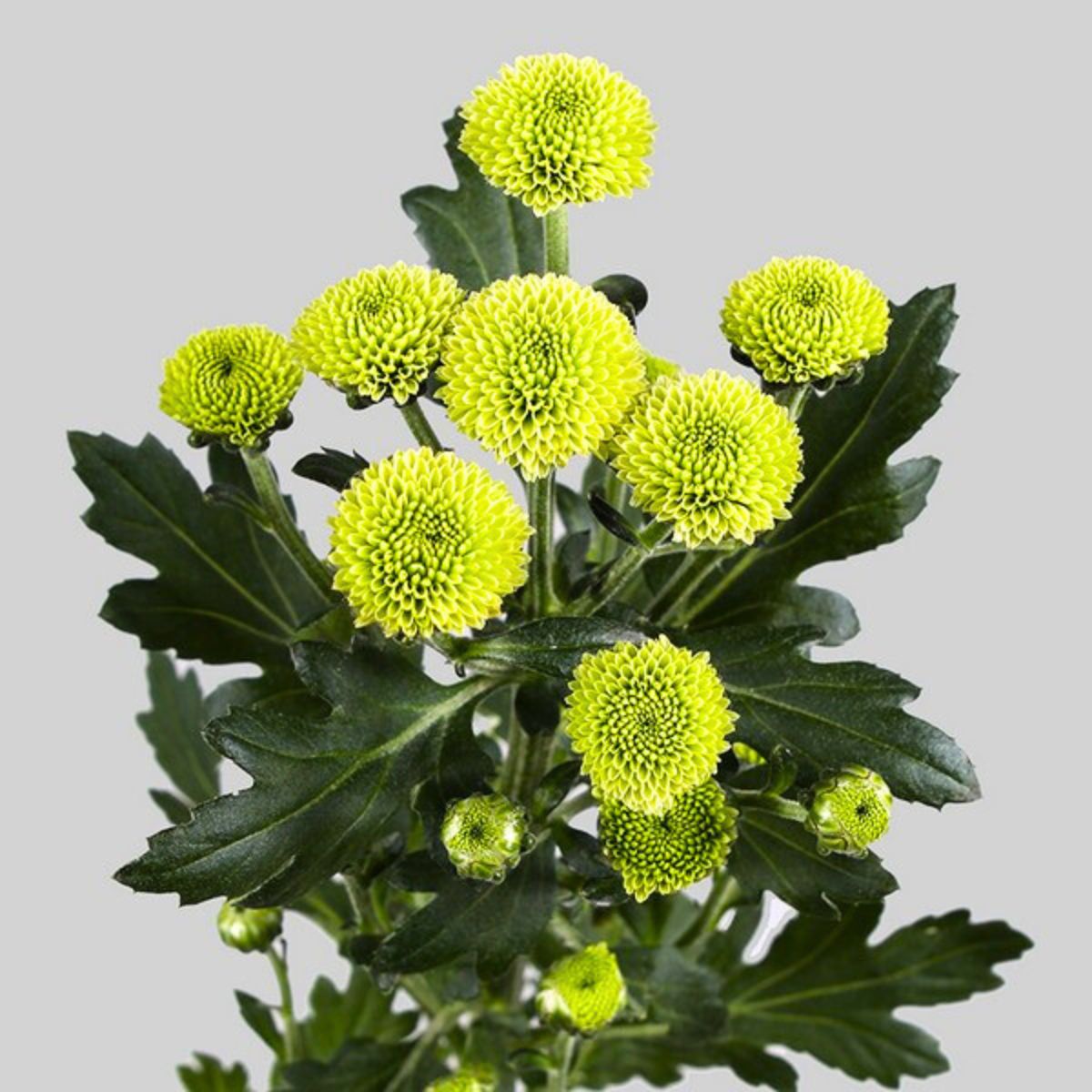
The green colors of tinted hydrangeas stand out on their own as a symbol of renewal and good fortune. Known for their long vase life and versatility, green Hydrangeas bring both charm and longevity to St. Paddy’s celebrations, adding a natural, sophisticated touch to the holiday’s signature color palette.
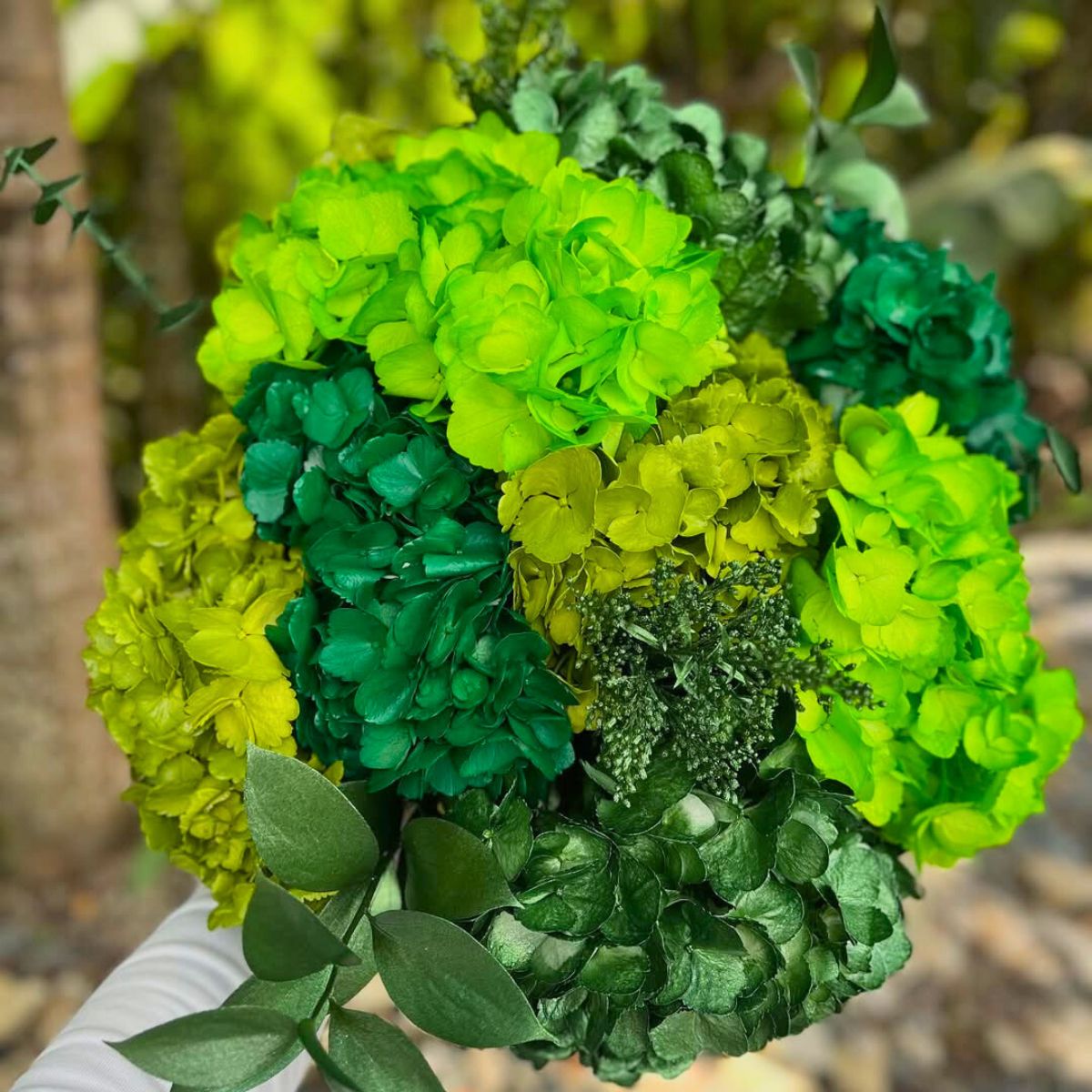
Saint Patrick's Day Festivities
Across Ireland and in other Irish communities worldwide, Saint Patrick's Day is marked by a variety of festivities and events, including colorful floats, marching bands, and traditional Irish dancers.
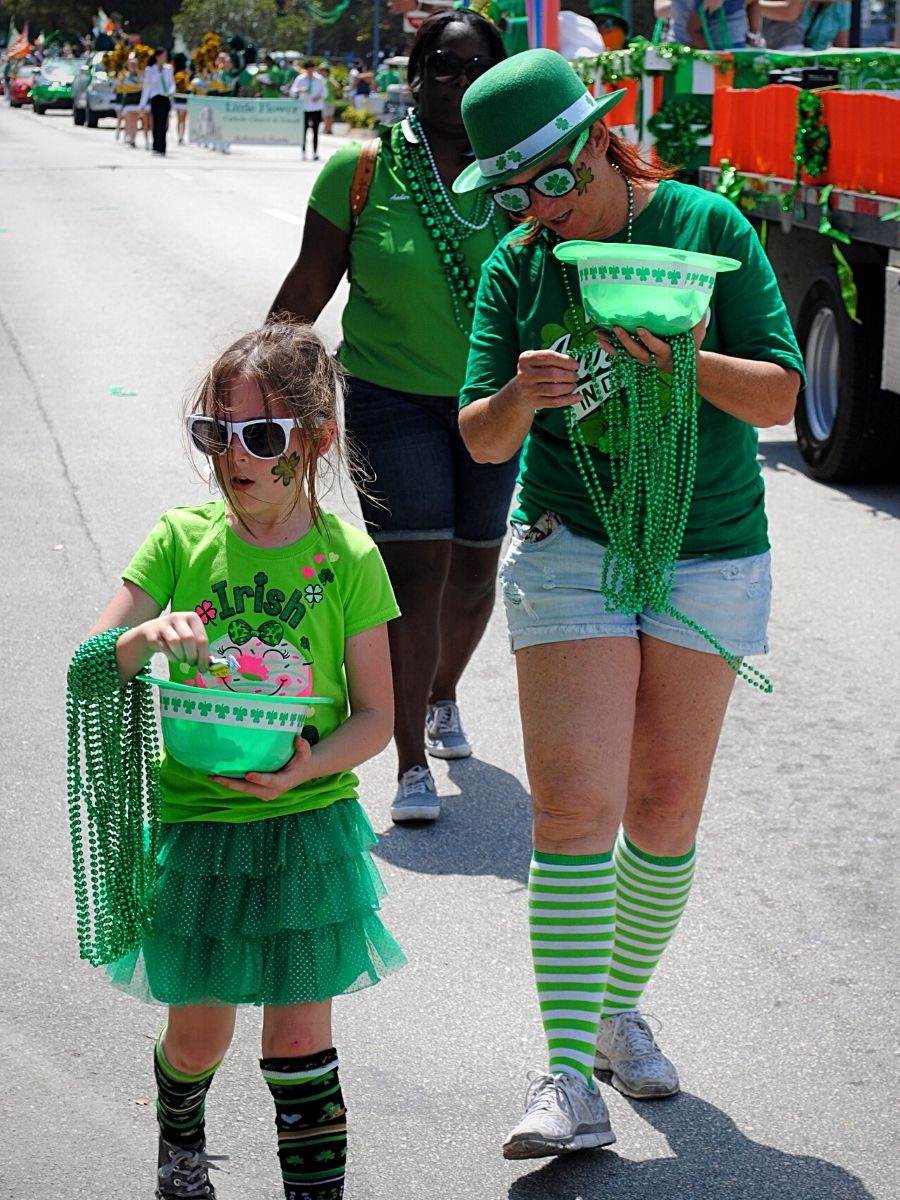
Photo by larsen9236
One notable event is the Wicklow Town’s Saint Patrick's Day Parade, where the grand marshal proudly leads the procession. The Mullingar Saint Patrick's Day Festival, eagerly anticipated each year, also offers a vibrant celebration of music, dance, and community spirit.
From hearty stews and Irish soda bread to delectable desserts like Baileys-infused truffles, culinary delights are an important element of this day. Irish flavors tantalize taste buds, making Saint Patrick's Day a feast for the senses. In homes and pubs, people also gather to share laughter, and stories, and perhaps raise a glass of frothy Guinness or a sip of smooth Irish whiskey in a toast to the spirit of Saint Patrick.

So, wherever you are across the world, you can mark your calendar and schedule the time to partake in this memorable Irish occasion.
Feature image by @visithotsprings, and header image by @jclohosey_photography.

